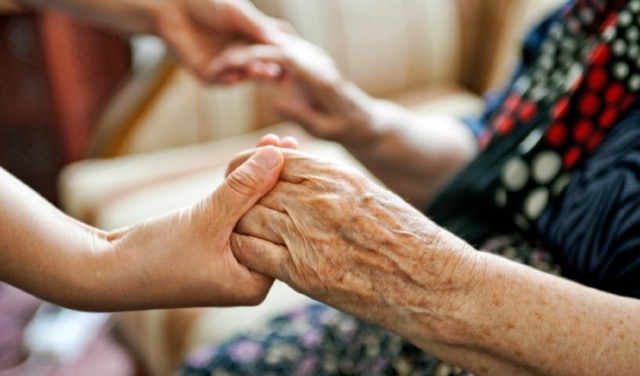Master sheme on social support facility network approved
VGP - Deputy Prime Minister Tran Hong Ha signed Decision 966/QD-TTg, dated August 17, 2023, approving a master scheme on social support facility network in the 2021-2030 period with a vision towards 2050.

Illustration photo
The scheme targets that at least 90 percent of people with especially disadvantaged living conditions and without caretakers will be assisted and managed by social support facilities by the end of this decade.
Priority people include the elderly without caregivers, mentally ill persons, mentally disturbed persons, severely disabled persons, children in particularly difficult circumstances, victims of domestic violence and human trafficking, as well as minors without stable places of residence.
At least 90 percent of drug addicts will be able to access such services as consultation, treatment and community integration provided by drug rehabilitation facilities.
By 2030, the network is expected to increase to 725 facilities (both public and private ones) including 90 facilities for the elderly, 94 others for psychopaths, 130 others for drug addiction treatment, 130 for children with extremely disadvantaged circumstances, at least 117 others for people with disabilities and 164 general social protection establishment.
Among the above figure, 129 facilities will be located in the Northern midlands and mountainous region while there will be at least 151 facilities in the Red River Delta region.
The North Central Region and Central Coast will be home to 169 facilities and the Southeast region will have at least 131 facilities while the Mekong Delta region will have 102 facilities.
These facilities are designed to raise care capacity from 45,000 persons in 2020 to 65,000 by 2030. Specifically, non-public facilities are expected to take care of 42,000 persons by 2030.
By 2030, at least 10,000 elderly persons will have been looked after at social support facilities./.
